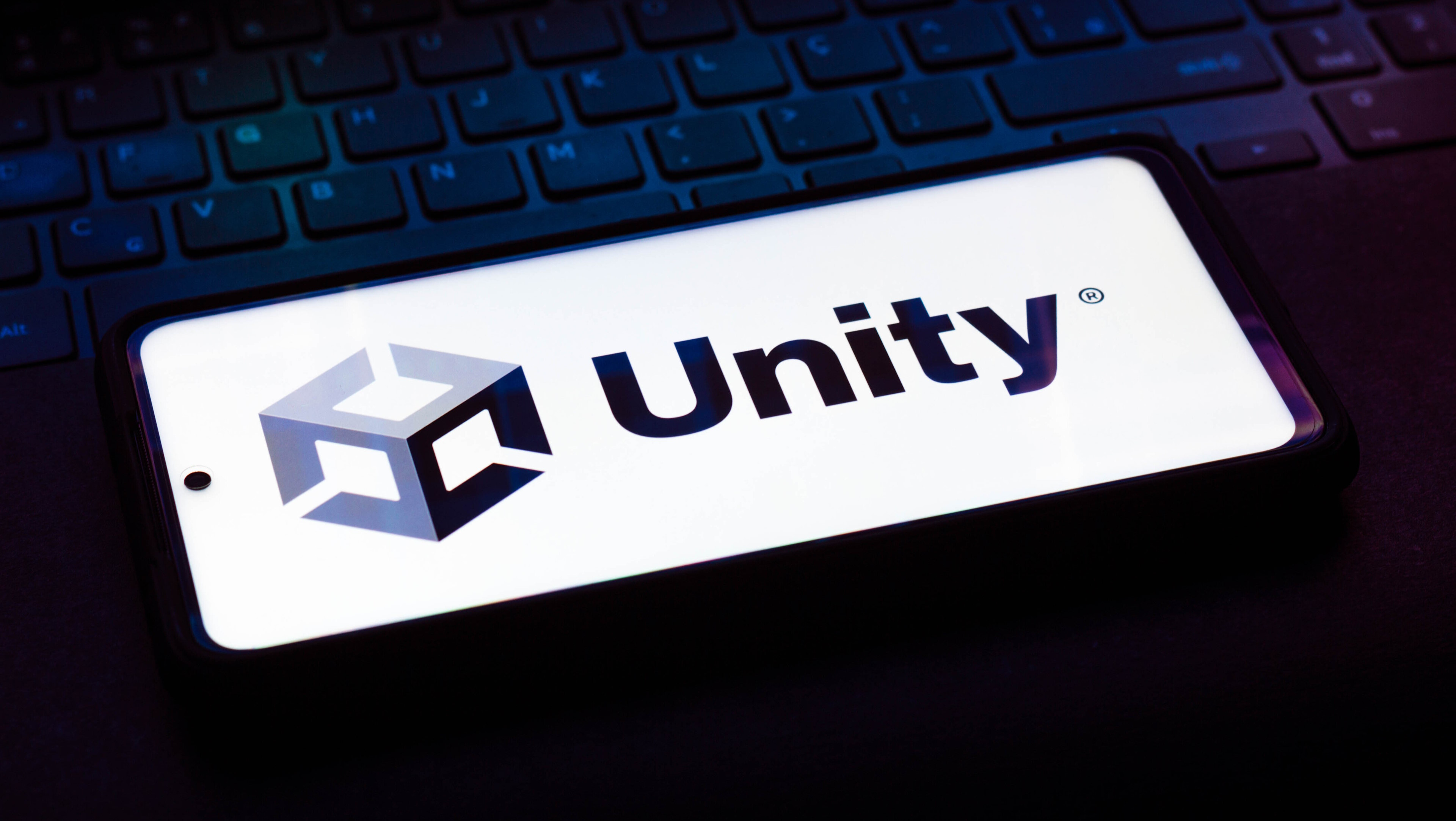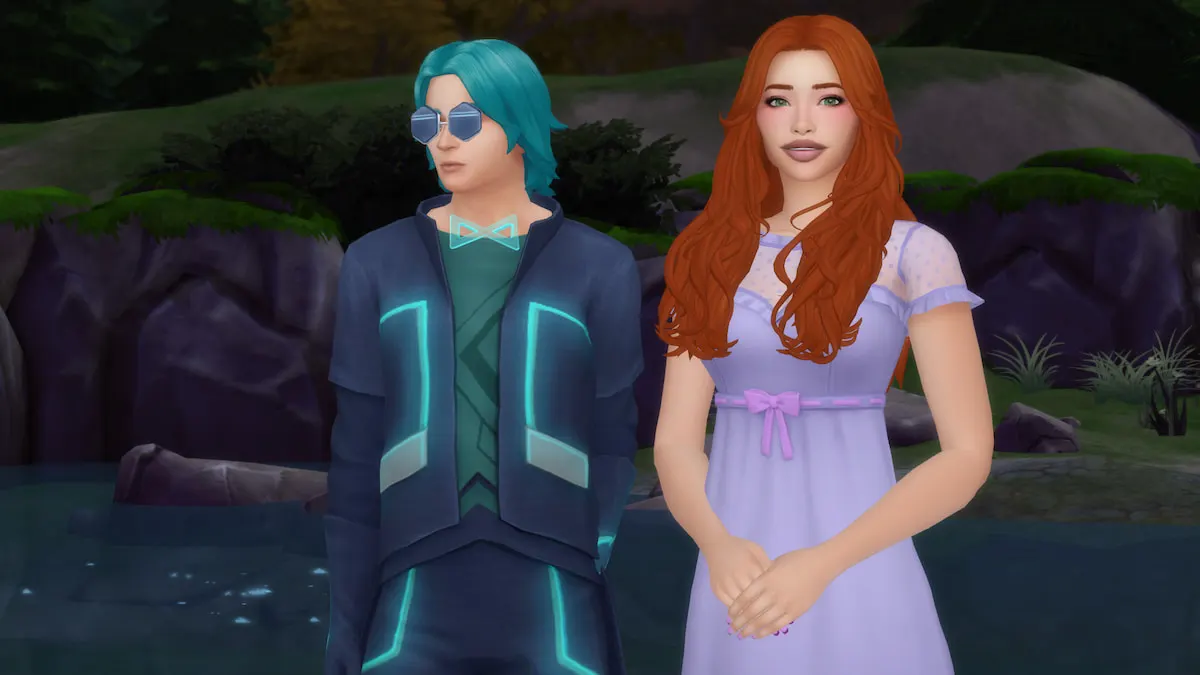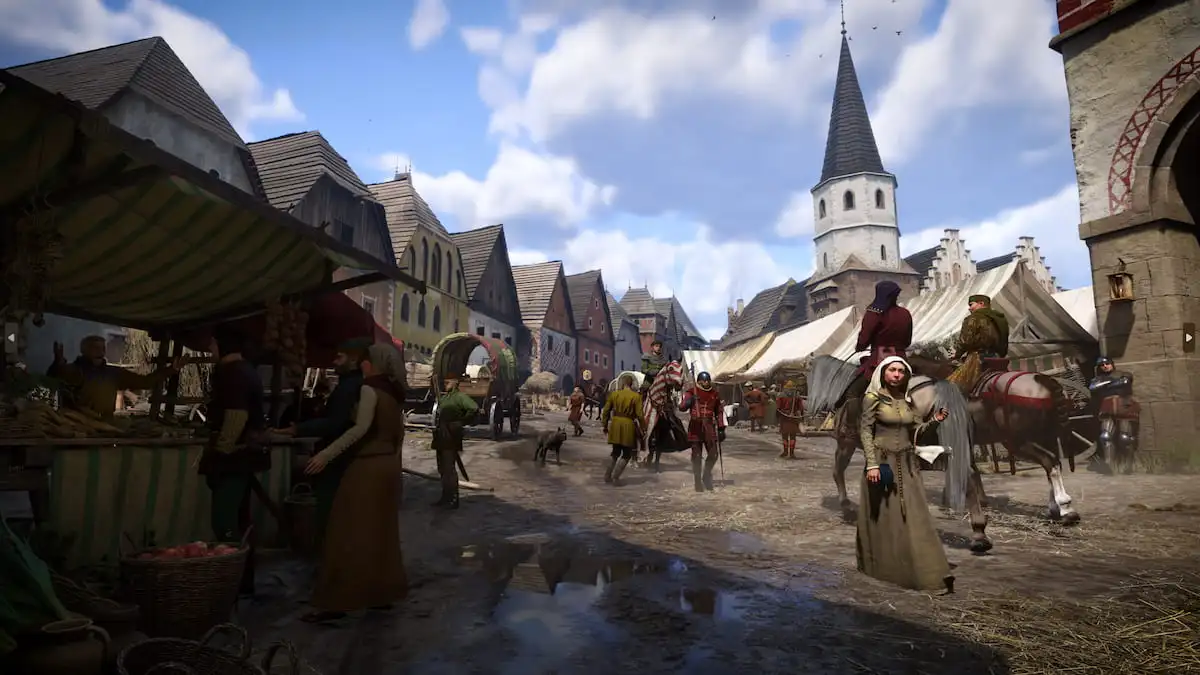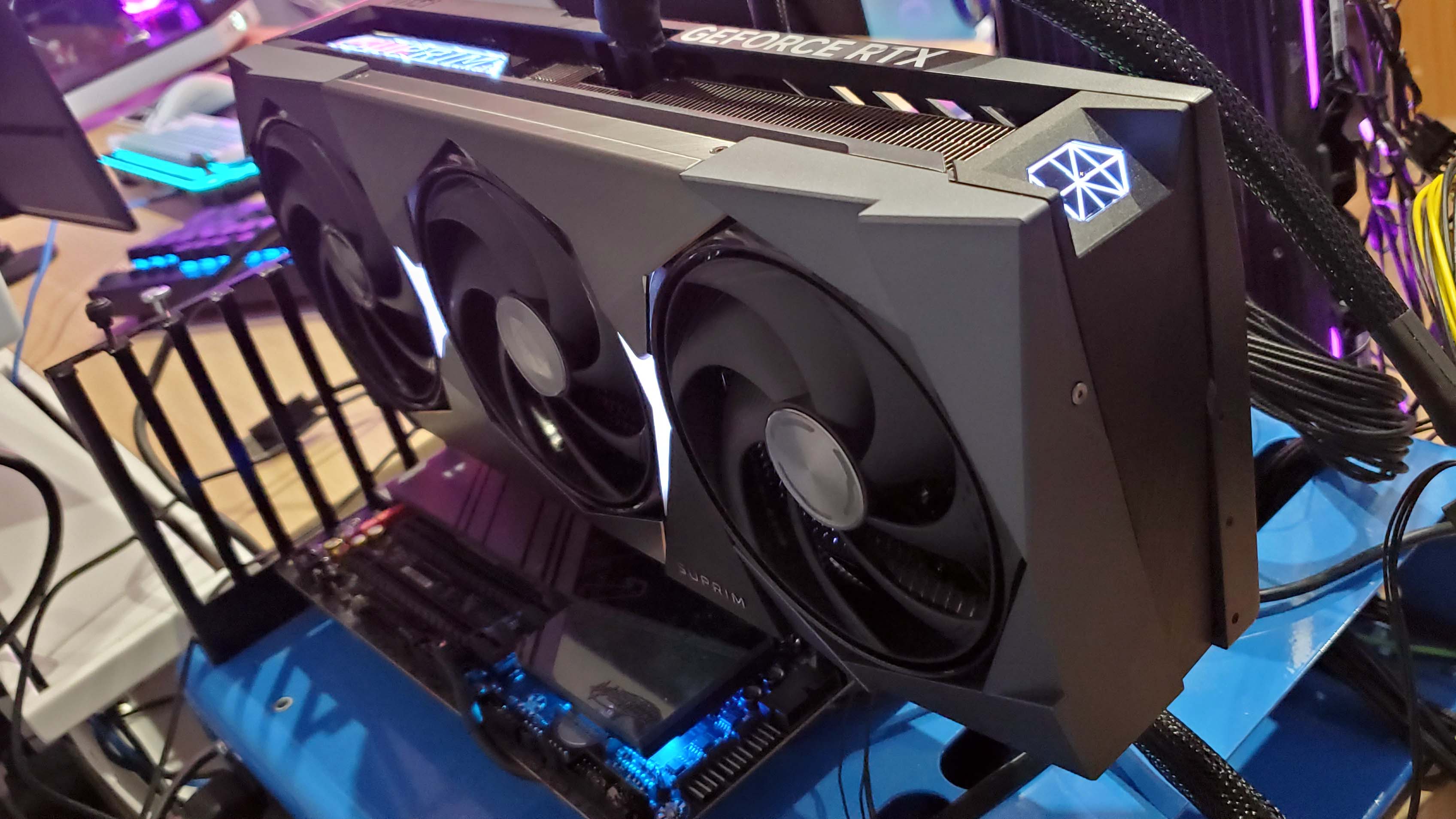
Marvel Rivals: Behind the "Imperial Protocol" Series of Cosmetic Skins Debuting in Season Zero – IGN First
For free-to-play hero battle games, regardless of the specific gameplay and platform, the topic of skins and outfits are integral. Skins give players a way to make their characters stand out from those of others, and of course they serve as a good monetization opportunity for developers. As long as the price, quantity, and acquisition method are reasonable, most players are willing to celebrate them.
As a super hero team-based PvP shooter in the Marvel universe, adding a skin system to Marvel Rivals may be one of the most no-brainer things to do.
These heroes, who were created years if not decades ago, have seen many evolutions and transformations since their debuts in their original comics, with some even having completely different identities in different universes. Adjusting their costumes to match these changes is a very important part of bringing these characters to life.
In Marvel Rivals specifically, the production team worked closely with Marvel Games to modify and create an expansive background story and world that suited the game’s team-based PvP gameplay. The “Imperial Protocol” series of original skins are the embodiment of these efforts and will be launched in early December 2024 in conjunction with the game’s first season, S0.
IGN was recently invited to interview Jinghua, the lead narrative designer of Marvel Rivals. We asked her to introduce some of the upcoming skins and their backgrounds, and also got an idea of how Marvel Rivals plans to take skins beyond just commercial items, making them more intrinsically linked with the game’s content and experiences.
IGN: First, could you introduce the background of the “Imperial Protocol” skin series? Are they related to original Marvel comics, or the story and world of Marvel Rivals?
Jinghua: One of our planned types of skins is seasonal story skins, which are designed for the main characters of the season’s story and based on its theme.
The “Imperial Protocol” series of skins are our seasonal story skins for Season 0. These skins are designed around the concept of “Afrofuturism”, which combines the ancient tribal elements of Africa with futuristic, intergalactic technology.
In the story of S0, Black Panther has become the monarch of the Intergalactic Empire of Wakanda, and thus he should have a kingly outfit to match his status. That’s the origin of “Imperial Protocol: Galactic Claw”.
Captain America also has a skin in this series—”Imperial Protocol: Galactic Talon”. This is because Captain America is in Wakanda during Season 0’s story—something those who watched our Gamescom trailer will already be aware of!
For Captain America’s “Imperial Protocol” skin, we combined his signature bald eagle elements with futuristic technology.
As for Mantis, in our story, she escaped from The Collector’s theme park, then met the Guardians of the Galaxy. In Rocket Raccoon, Groot, and Star-Lord’s backstory, we explore their experience of repairing the crashed Milano on the planet Klyntar, which they went to for a commission they accepted from the Intergalactic Empire of Wakanda.
Once they complete their commission, Mantis receives her own battle suit—”Imperial Protocol: Galactic Wings,” which combines her aesthetics with futuristic tech.
Of course, our “Imperial Protocol” series is not limited to just three skins. A new hero who is launching later and plays a role in this story will also get one.
IGN: This S0 season will launch alongside the official game release on December 6, right? How long will a season last? What is the main way to obtain seasonal skins like the “Imperial Protocol” series?
Jinghua: Yes, they will be released simultaneously. Season 0 is a relatively short season, about one month. Going forward, seasons will last about three months each. As for how to obtain the seasonal story skins, some will be unlocked through battle pass progress, and the others will be purchasable through the in-game store. Some future seasonal story skins will also be obtainable for free by completing seasonal stories and major events.
IGN: You just mentioned the setting of the Intergalactic Empire of Wakanda. Is this a new concept, or something already in the comics? Could you introduce the story a bit?
Jinghua: It’s in the original comics. In the Black Panther (2018) comics, T’Challa sent a team of Wakandans through a temporal anomaly, and they would spend the next 2,000 years establishing a second Wakanda in another galaxy. This Wakanda would become a super-empire spanning several galaxies. This concept inspired us and we expanded upon it. It was said in the comics that Wakanda’s Vibranium originated from a Vibranium meteorite. With that as a starting point, we went on to write how the Wakandans found the source of the meteorite and Vibranium’s origin, built a magnificent planetary orbital platform around the ore’s mother planet, and finally, migrated the entire kingdom into space.
The outbreak of the Timestream Entanglement in S0 caused Chronovium to not only deeply merge with Vibranium’s mother planet, but also affect the Heart-Shaped Herb and Djalia in yet-unknown ways. The two leaders of Wakanda, Black Panther and Shuri, differed in their ideas for how to handle the situation, which in turn triggered the dispute in Wakanda.
IGN: Where do you get your inspirations for the skin designs? Do you refer to the original comics and stick to established designs, or will you create more completely original skins?
Jinghua: The production cycle of our skins is very long, so we start planning from a very early stage. As of right now, we have skins ready for the next three seasons or so. When planning skins, we consider and design them according to different categories.
The first category are seasonal story skins, such as the “Imperial Protocol” series I previously mentioned.
The second category is comic classics. We will select some of the most memorable and classic hero costumes in the original comics to make skins, staying as true to the comic designs as possible. Hulk’s “Green Scar”, Thor’s “Herald of Thunder”, and Doctor Strange’s “God of Magic” are all classic skins based on designs in the comics.
The third category is MCU —that is, skins inspired by the movies and TV shows. These designs are made hand-in-hand with our Marvel Studios partners.
The fourth category is popular themes. Based on market research, we will look for the most popular and enduring classic themes from various mediums such as movies, games, books, etc., and then combine them with our characters. For example, the 1872 series focuses on the Western retro steampunk theme. In our early research, we found that players all over the world love this theme, so after determining this direction, we searched for relevant original comics, and then found the setting we were looking for in the 1872 parallel universe—the perfect match for this aesthetic. So we made a whole series of skins with both classic comic and original imagery—the 1872 series.
The last category is the festive holiday skins, some of which can be obtained for free in seasonal stories and major events, and others which can be purchased.
IGN: Can you tell me more about the selection of major event themes? For example, will the winter event have Christmas-related skins?
Jinghua: Winter events may be more inclined towards snowfall and other wintery concepts.
IGN: Does Marvel Games have any say in the skin production?
Jinghua: We work very closely together. The collaboration on skin design is divided into several stages. The first stage is the planning stage. We submit our skin plans—including the types, themes, and corresponding heroes—for each season very early in advance. Marvel then adds additional commentary, ensuring the skins fit the selected heroes, and we reach a middle point of agreement.
Next, we enter the first step of production for each skin, which is submitting mood boards that include our design ideas, reference pictures, how we would like it to display, and the most important changes between the new skin and the original skin. Marvel comments on and supplements the mood board, often providing ideas of their own. Following some more discussion, we eventually reach an agreement and enter the subsequent production stage. From concept art, to modeling, to animation, the collaborative process is continuous.
IGN: Will there be original skins in the game that have nothing to do with the original comics?
Jinghua: Yes, but there will be no skins that deviate from Marvel lore. Even if it’s a completely original skin, we will still write a corresponding story for it, explain its origin, and integrate it into our game’s narrative.
As we see it, skins are the actual clothing worn by heroes at different times and in different universes, so the skins would be the costumes chosen by heroes based on their own background and personality.
For example, Luna Snow has relatively few costumes in the comics, so most of her skins are original, but we will also take her characteristics into consideration during the creation process. For example, she is associated with light and dark contrast, so her styling will reflect that duality and asymmetry. She’s also an idol and singer, so elements related to music will naturally come into play. These considerations—music, light and dark, contrast—are at the forefront when designing any of Luna Snow’s skins.







